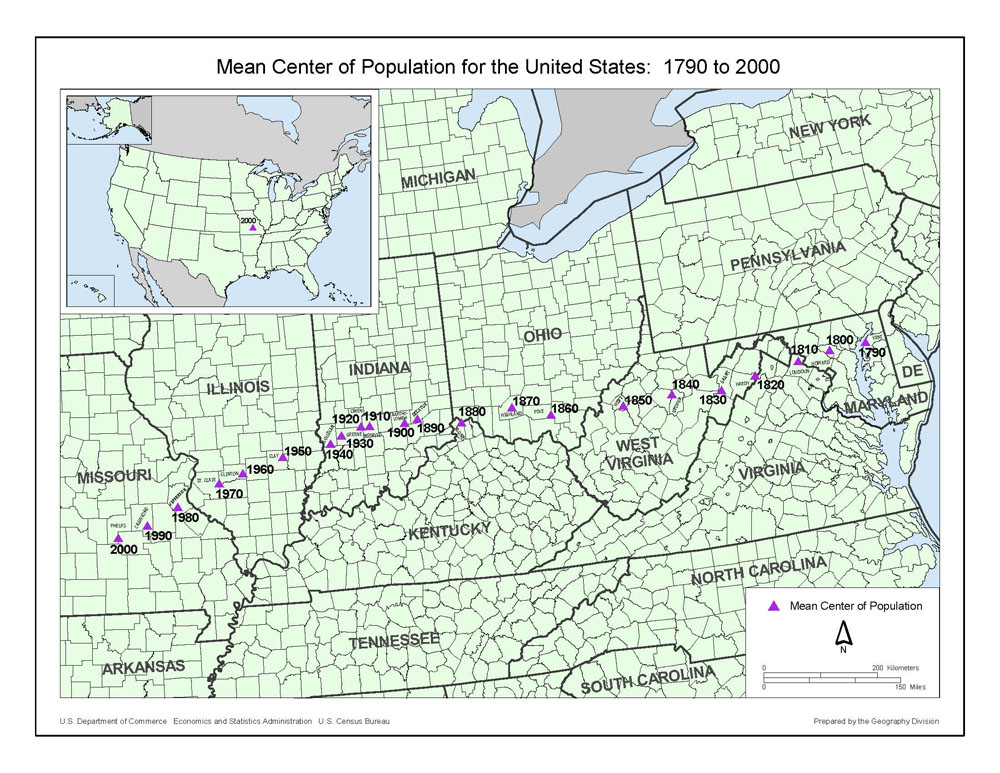History is a booming, buzzing confusion. Our species seeks to find patterns in confusion, to impute meaning to those patterns that we perceive. One way to do so is to tell stories from history, and those stories include mythical beliefs and errors as well as narratives linking selected facts.
Historians, in my opinion, can be primarily seen as unearthing unrecognized (or inadequately recognized) facts about history, organizing selected facts of history, documenting their work, and critiquing the work of other historians. In doing so, they invariably also select topics and facts from the confusion of history, depending on the information that has been archived or is otherwise available. I suppose too that what historians do depends on the tools available to them. History was made different by the printing press, the library, and improvements in transportation, not to mention computers and the Internet.
Of course, the meanings we draw from our perception of history can by useful or harmful. The Nazi's came to believe that Germans were a "master race" leading their policy makers to start a disastrous war, while economists drew lessons from the Great Depression which (although they failed to prevent) helped American policy makers ameliorate the Great Recession.
I suspect that historians inevitably are drawn to areas of history which may lead to changes in the perception of history which make that perception more useful and less harmful. They are frustrated when their evidence and its interpretation fail to influence the public discourse on current affairs in ways that they feel would be appropriate. It is even more frustrating when our political leaders, who are supposed to be informed by history, express serious misunderstanding of historical fact and draw undue inferences from misunderstood history.
For most of us, there is more a problem of ignorance of history than of misuse of the lessons of history. I quote from a blog post:
A few days back a friend of mine forwarded this civics/history test that was conducted by the Intercollegiate Studies Institute. The original test was administered to 2,508 Americans in 2008. The results were dismal. The overall average test score was a pathetic 49% correct. College Educators (professors & teachers and NOT just those with college degrees) only scored marginally better at 55%; still a failing grade. Indeed, over 70% of participants failed. Only 3.4% of participants received an “A” or “B” grade on the exam. I guess our education system really does need to grade on a curve to keep too many folks from appearing to be ignorant.
 |
| Source of map |
I grew up an Irish Catholic in the Los Angeles suburbs while my wife grew up an Irish Catholic in the Boston suburbs. Her experience and that of her family was as much different than mine, as is the history of Boston from that of Los Angeles.
No comments:
Post a Comment